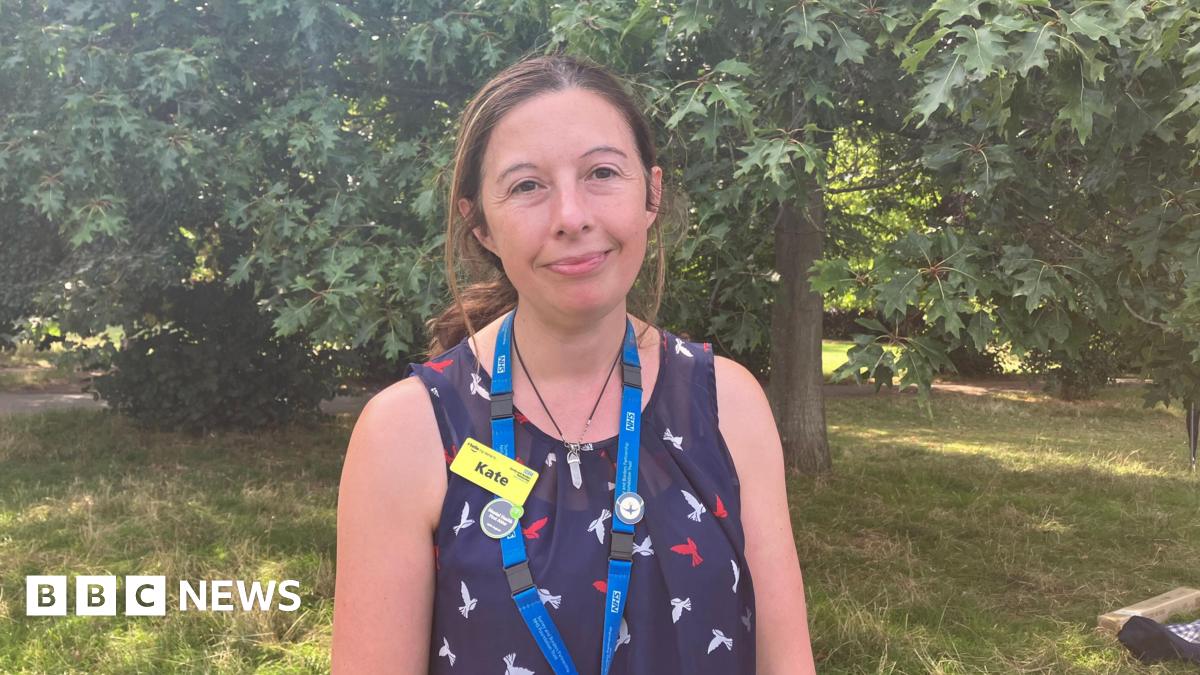Staggering Wait Times for Child Mental Health Support in Scotland: Thousands of Young People Left Waiting

A deeply concerning report has revealed that thousands of children and young people across Scotland are facing unacceptable delays in accessing vital mental health services. Freedom of Information requests submitted to NHS health boards have exposed a shocking reality: some young people are waiting over 1000 days – more than two and a half years – for the support they desperately need.
The Scale of the Problem
The data paints a bleak picture of a system struggling to cope with increasing demand and significant resource constraints. The lengthy wait times are not isolated incidents; they represent a widespread issue impacting numerous health boards throughout Scotland. These delays are particularly alarming given the critical importance of early intervention in addressing mental health challenges in young people. The longer a young person waits, the more severe their condition can become, potentially leading to long-term consequences for their well-being, education, and future prospects.
Impact on Young People and Families
The emotional toll on children and families is immense. Imagine a young person struggling with anxiety, depression, or other mental health concerns, knowing they must wait years for professional help. This uncertainty and lack of support can exacerbate their distress and lead to feelings of hopelessness. Parents and carers are left feeling helpless, watching their children suffer without the resources they need to thrive.
What’s Causing the Delays?
Several factors contribute to this crisis. A significant increase in demand for mental health services among young people is a primary driver. The pandemic has undoubtedly played a role, with many children experiencing increased stress, anxiety, and isolation. However, the problem predates the pandemic and highlights underlying systemic issues within the NHS.
These issues include:
- Shortage of Qualified Professionals: There's a nationwide shortage of child and adolescent mental health professionals, including psychiatrists, psychologists, and therapists.
- Funding Constraints: Inadequate funding for mental health services limits the capacity of health boards to meet the growing demand.
- Long Referral Pathways: Complex referral processes and bureaucratic hurdles can further delay access to care.
Calls for Urgent Action
The findings have sparked outrage and calls for urgent action from politicians, healthcare professionals, and child welfare advocates. There's a growing consensus that the current situation is unsustainable and requires a significant overhaul of the mental health system.
What Needs to Be Done?
- Increased Investment: Substantially increase funding for child and adolescent mental health services.
- Workforce Expansion: Recruit and train more mental health professionals specializing in child and adolescent care.
- Streamlined Referrals: Simplify referral pathways and reduce bureaucratic delays.
- Early Intervention Programs: Invest in preventative programs and early intervention initiatives to address mental health concerns before they escalate.
- Improved Data Collection: Implement robust data collection and monitoring systems to track wait times and identify areas for improvement.
The mental health and well-being of Scotland’s young people are paramount. Addressing these unacceptable wait times is not just a matter of policy; it’s a moral imperative. Failure to act decisively will have profound and lasting consequences for a generation of children and young people.

:max_bytes(150000):strip_icc():focal(749x0:751x2)/Miriam-Margolyes-1-082225-c85ca98a4ab4492b8aafbf9e7fc0696f.jpg)




